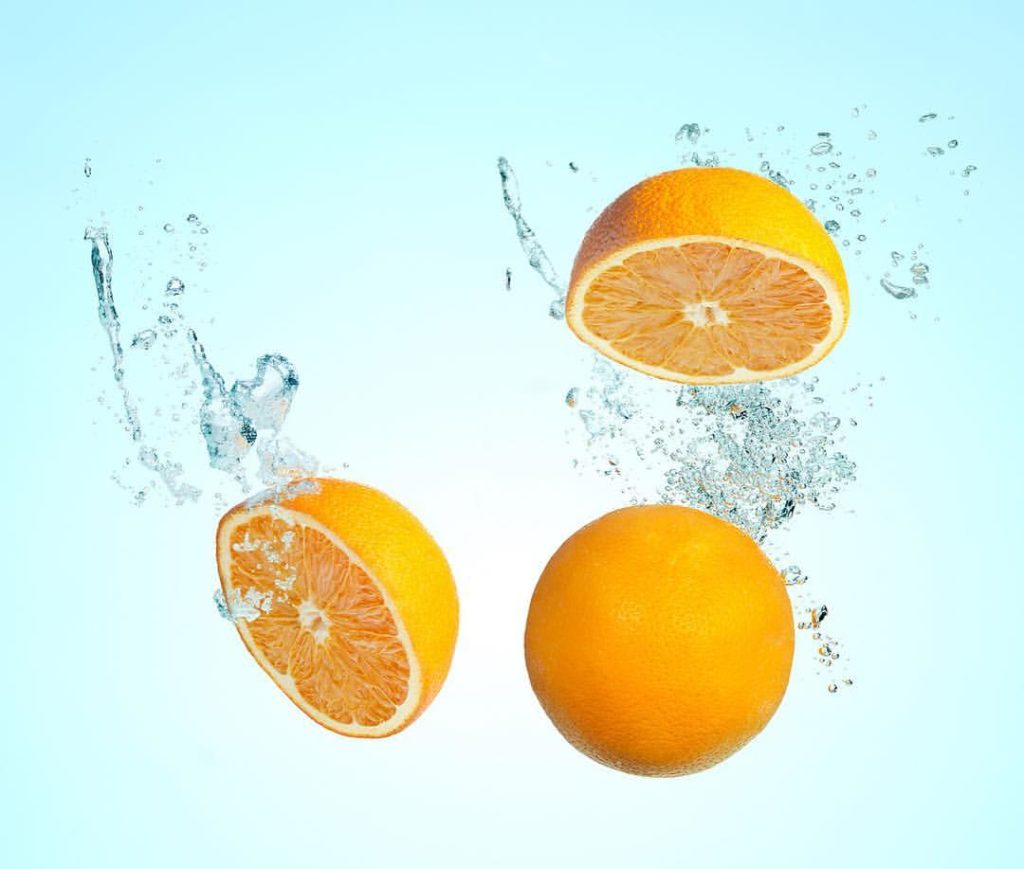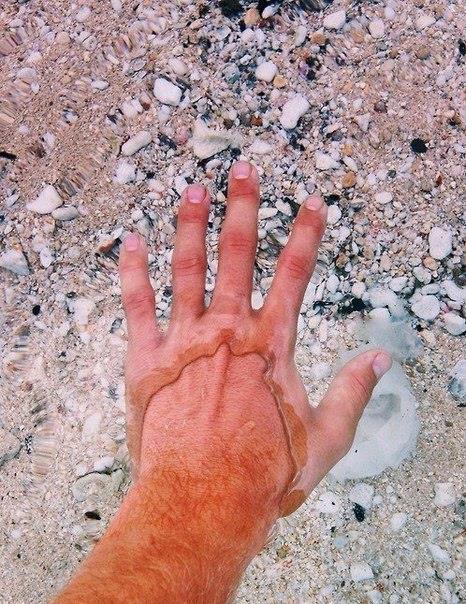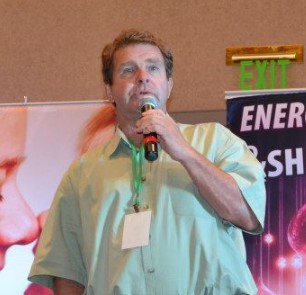
Staying hydrated takes more than just increasing your fluid intake. Here’s everything you need to learn about hydrating yourself at a cellular level:
When we think of hydration, the first thing that pops into our mind is plain water. You’ve probably seen many experts talking about the amount of water that you need to drink in order to stay hydrated. However, simply filling your body with water doesn’t always ensure proper hydration.
Shop For Alkalize-To-Go Mineral Water Hydration Packets
If you really want to make sure your body has enough fluids to work properly, you need to understand the way your cells work. Proper hydration only occurs if you manage to get the water inside your cells.
Unfortunately, many people are not aware of this. They oversimplify the concept of hydration, which leads to creating inadequate hydration strategies. Finding the right strategy for your body requires the knowledge of all of the factors that come into play. Cellular Hydration is where it all begins.
What is cellular hydration?
This is the process of water breaking down into hydrogen and oxygen. In order to maintain an optimal ratio, your cells need to contain enough water. Cellular Hydration allows the transporting of electrolytes and fluids through the cells lining the blood vessels into the interstitial and intracellular regions for optimal whole-body hydration. This restores homeostasis and moderates the impact of stress on the body.

- There’s a lot more to hydration than drinking 8 glasses of water a day. What’s really important is how much of that water reaches your cells, and how your cells use it.
- Your mitochondria use the hydrogen in water to make energy. The hydrogen in water also binds to free radicals and gets rid of them, keeping your inflammation low.
- By improving your water selection and adding electrolytes you will increase your cellular hydration and improve your performance.
When people go to the emergency room for dehydration, doctors will sometimes give them several liters of water over the course of a couple hours. Somehow, they still don’t get hydrated. That’s because there’s a lot more to hydration than just water. The advice to drink 8 glasses of water a day is oversimplified; what’s really important is how much of that water actually reaches your cells, and how your body uses it.
There are many myths that surround hydration. Let’s take a look at the way water circulates through our system. Your gut plays an essential part in making sure your body gets enough water. The water that you drink goes to your intestines, and needs to transfer from the intestinal lining into your cells through the bloodstream.
About two-thirds of all the water in our body is in the lymph system and cells. So why does the majority of people have issues with ensuring actual hydration, even though they might drink enough water? The answer revolves around your cells’ ability to absorb water.
As we age, our bodies’ ability to move water from the extracellular environment to the inside of the cells weakens. This leads to the accumulation of oxidative compounds that damage our health and speed up the aging process. Experts believe that if you managed to stay perfectly hydrated, you could not only slow down aging but may even reverse it.
With the build-up of oxidative compounds, inflammation occurs. This is because hydrogen can’t interact with the cells properly. Since one of the main hydrogen carriers is water, ensuring that it enters your cells is the key to staying healthy.
Hydration Benefits:
If you’ve ever been dehydrated, you know that hydration matters for your performance. Your cells use the hydrogen molecules in water – the H in H2O – to make ATP, the basic unit of energy that your cells use to run your body. Hydration keeps your energy bank account high.
Water is also one of the body’s best defenses against inflammation. Your body is constantly dealing with inflammatory free radicals from stress, environmental toxins, and byproducts of your body’s normal processes. The hydrogen in water deactivates free radicals and clears them from your system. It makes a major difference, too: One study found that people who drank hydrogen-rich water saw a 39% increase in their antioxidant ability.
Cellular hydration matters for your performance. There are a few different ways you can increase it. Electrolytes are a big part of hydration — you may have heard of them from commercials for a certain sugar-filled sports drink. How much fiber you eat affects your hydration, too. So does EMF exposure.
When your cells are hydrated, their membranes stay tight and organized, and they can hold and pass on an electrical charge.
When your cells are dehydrated, those membranes get loose, and an electrical charge leaks and dissipates before they can pass it on. Cellular hydration is one of the best ways to increase your phase angle.
Get Electrolytes for Better Hydration:
Electrolytes dissolve in water and give it the ability to conduct electricity. Water on its own doesn’t actually conduct electricity. If you were to zap pure, distilled water, the electricity wouldn’t go anywhere; it’s only when you add electrolytes to water that it can hold a charge.
A lot of your cells run on electricity, and you want plenty of electrolytes dissolved in your cellular water so that your cells can carry an electrical charge. Many of your brain cells, for example, have voltage-gated ion channels. That’s a fancy way of saying they only communicate with other brain cells if you shock them with enough of an electrical charge. You want to make sure you have plenty of electrolytes so your cells can communicate electrically with one another.
The most important electrolytes are:
- Sodium
- Chloride
- Potassium
- Magnesium
- Calcium
You want a balance of sodium, chloride, potassium, magnesium, and calcium to make sure your cells stay as hydrated as possible. Electrolyte drinks don’t actually make a difference in your hydration levels. In a recent study, people drank either a high-sugar sports drink, pickle juice, or water; none of them saw a difference in their electrolyte levels. In order to increase your electrolytes, you want to take them directly. Hydration Water Packs have been tested and proven to be the optimum way of reaching this goal.
- Sodium and chloride:
- Most people get plenty of sodium and chloride from table salt, and don’t need to supplement.
Quick side note: It’s not salt that causes high blood pressure. It’s an imbalance between sodium and potassium. Balance your salt and potassium intake and you don’t have to worry about making your foods bland on a low-salt diet. - Calcium:
- Despite what you may have heard, most people don’t need to take extra calcium, either.
Quick side note: The form of calcium found in most supplements is not the proper form that your body needs or can absorb. Ionic calcium is the form you need. - Magnesium:
- Magnesium and potassium are the important ones. About 80% of people are deficient in magnesium.
You want 400-800 mg of magnesium a day. - Potassium:
- About 97% of people are deficient in potassium.
You want 3,000-4,000 mg of potassium a day.
Start slow with both of these. Don’t overload your system with electrolytes. Ease your body into any major change to avoid a “detox” reaction. Too much of a good thing too soon outs your body in crisis.
Improving Hydration Without Increasing Water Intake:
Increasing your water intake isn’t enough to keep your cells hydrated. The main reason behind this is intracellular water hydrolysis. This is the process of water breaking down into hydrogen and oxygen. In order to maintain an optimal ratio, your cells need to contain enough water.
The problem occurs when the electrical charge across the macromembrane isn’t high enough to pull in water. So if the only thing you do is drink more water, the only thing that will happen is that you’ll pee it out before it enters the cells. The solution is increasing the electrical charge. The good news is, there’s an easy solution for this, and it involves fibre and electrolytes.
Fiber for Gut Hydration:
Fiber keeps you hydrated, too. Fiber adds bulk to your food and makes food stay in your gut longer, which allows you to digest food more fully and get more nutrients out of it. Soluble fiber also absorbs a lot of water as it passes through your system and distributes it through your intestinal wall, so instead of peeing the water out, it heads into your bloodstream and gets to your cells.
Veggies are packed with fiber, as well as antioxidants, lots of nutrients, and polyphenols that make your brain stronger. That’s why veggies play such an important role in every food plan.
Electromagnetic Fields Mess With Cellular Hydration:
Electromagnetic fields (EMFs) from WiFi, cell phones, radio towers, and other wireless electronics interfere with your cells’ natural electrical currents.
Your cell membranes have little gaps in them called tight junctions that organize and direct the flow of electricity across your cell membrane. Tight junctions also control what can get in and out of your cells. They keep damaging compounds out.
EMFs loosen your tight junctions. A recent study found that exposing brain cells to an EMF signal loosened junctions in the blood-brain barrier, the lining of your brain that keeps it safe. Loosening your tight junctions also causes electricity to leak and messes with electrical communication across your cell membrane, even if you have plenty of water and electrolytes.
There are two main things that you need to do in order to achieve proper hydration: reduce EMF (Electro Magnetic Field) exposure, and support your macromembranes. When it comes to reducing EMF exposure, the easiest way to do it is by unplugging as much as you can. This will help your cells resonate at a frequency that supports hydration.
When it comes to macromembranes, the intake of fibre and electrolytes is paramount. Fibre helps your body absorb water at a higher level, and you can find sources of fibre in fruits, vegetables, nuts, and many other foods. If you maintain a good fibre intake, you will rehydrate much faster, without the need for more water.
To build electrical charges necessary for proper hydration, drinking water rich in electrolytes is of the utmost importance. They increase the level of electrical charge across the membranes. This ensures higher water absorption. Your cells pull in the water you drink and you’re hydrated at a cellular level.
Water Quality Matters:
Filtering your water is one of the simplest ways to upgrade your hydration. Tap water contains potent carcinogens like chlorine and chloramine, as well as fluoride that messes with your thyroid hormones. And as outdated water infrastructure collapses, there’s a greater and greater chance that your water contains heavy metals from corroding lead pipes. For about $1 a day you can protect yourself with cellular hydration. Chasing Miracles. LLC carries a portable water sachet that delivers all the Calcium, Magnesium, Sodium, Potassium and Electrolytes you need.
Always start with a base of Distilled Water. Never drink distilled water that does not have a Hydration Pack (Mineral Pack) added to it. Distilled water is dead water and will rob nutrients from your body if you do not add the proper mineral content. When traveling use Smart Water or any reverse osmosis water to give yourself the best of what is available.
Now that you understand how cellular hydration works, you can make the necessary changes to ensure proper hydration. This will not only improve your health, but also give you more energy and slow down aging, among other benefits.
Knowing the importance of hydration, here at Chasing Miracles, LLC we believe in educating you our consumer so you can ensure your cells stay well-hydrated.


